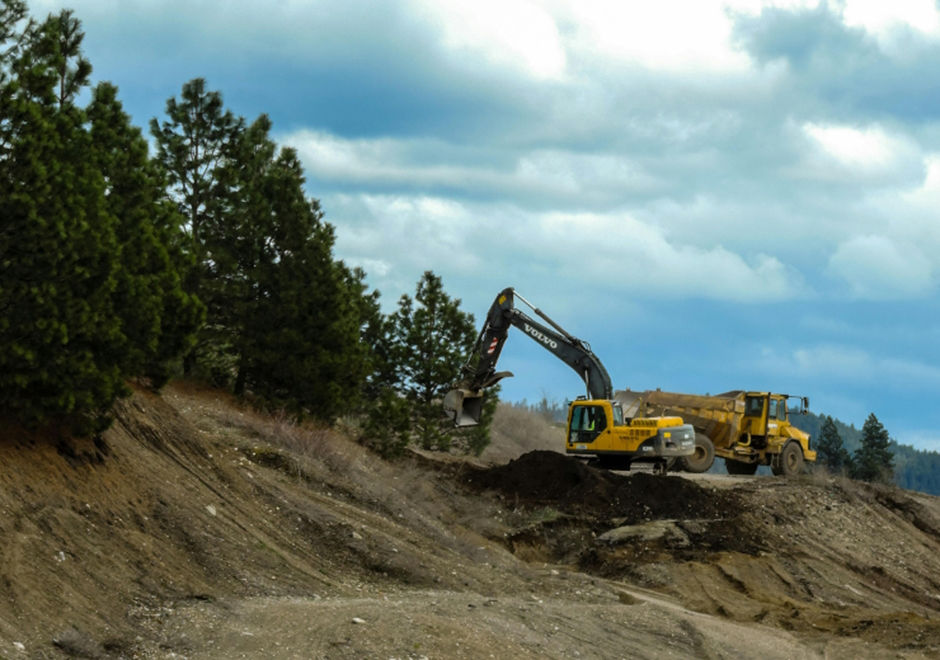Concrete Recycling | A Beginner’s Guide
- P. R. Weldhen
- Sep 15, 2022
- 2 min read
Updated: Nov 5, 2024

Made from leftover concrete found on construction sites, recycled concrete is, well, just that; concrete that is recycled and repurposed for future use. In this helpful guide, we provide an in-depth analysis of concrete recycling, offering information on how it works, the applications and the all-important benefits.
How Is Concrete Recycled Used?
Recycled concrete has a variety of important purposes; from paving and walkways for residential areas to aggregates in construction. Below, we outline the key ways in which recycled concrete is used in both domestic and commercial settings.
Paving
Recycled concrete can be utilised as a key material in the construction of driveways, walkways and pathways in residential areas. This can prove extremely cost effective, as well as ensuring your paving looks the part too, with contractors specialising in recycled concrete able to carefully lay paving that’s stylish, durable and able to pass rainwater for proper filtration.
In similar terms, recycled concrete is often used to provide a sturdy base for asphalt paving, through a clever process known as rubbilisation. This process helps to break down old concrete which is then later applied as a foundation material for the paving of asphalt.
Aggregates
In a handful of cases, recycled concrete can be repurposed as an aggregate in new ready-mix concrete. However, this can only be achieved if the debris is carefully and effectively extracted, so please bear this in mind.
Construction Materials
Recycled concrete can be used as a material in construction in a number of ways. As mentioned above, recycled concrete can be repurposed into new aggregates, or paving for residential areas, but it can also be used as a material for building new oceanic reef habitats or the repairing and reinforcing of water banks to control erosion.
The Benefits Of Concrete Recycling
Eco-Friendly
A man-made construction material, concrete is often considered a green material, offering high durability in its purest form and, initially at least, was believed to have a positive environmental impact, such is its longevity. However, because of this, concrete doesn’t have good biodegradable properties and over time, as more concrete has reached landfill, this has become a cause for concern, with concrete taking roughly 50 years to degrade.
Recycling concrete instead, prevents this issue, reducing unnecessary landfill waste, thereby offering a positive influence on the environment.
Cost-Effective
A surprisingly expensive material to build with, concrete recycling can help keep costs down by repurposing demolished concrete into materials for use in new projects. Additionally, repurposed concrete can also replace other materials that would otherwise be mined and transported for use, such as gravel, further assisting you in keeping construction costs manageable.
Job Creation
With increased emphasis placed on recycling concrete, the need for construction-related job opportunities has become ever more important. Many companies will require employees to effectively recycle any rubble or debris for future use in a new construction project that requires concrete.
Looking for responsible waste disposal services? At P.R Weldhen Plant Ltd, we provide fast and efficient concrete recycling and disposal, as well as providing site clearance and muck away services for topsoil, stone, rubble and more. Based in Newquay, our expert team is committed to environmentally friendly waste disposal. Get in touch today.




Comments